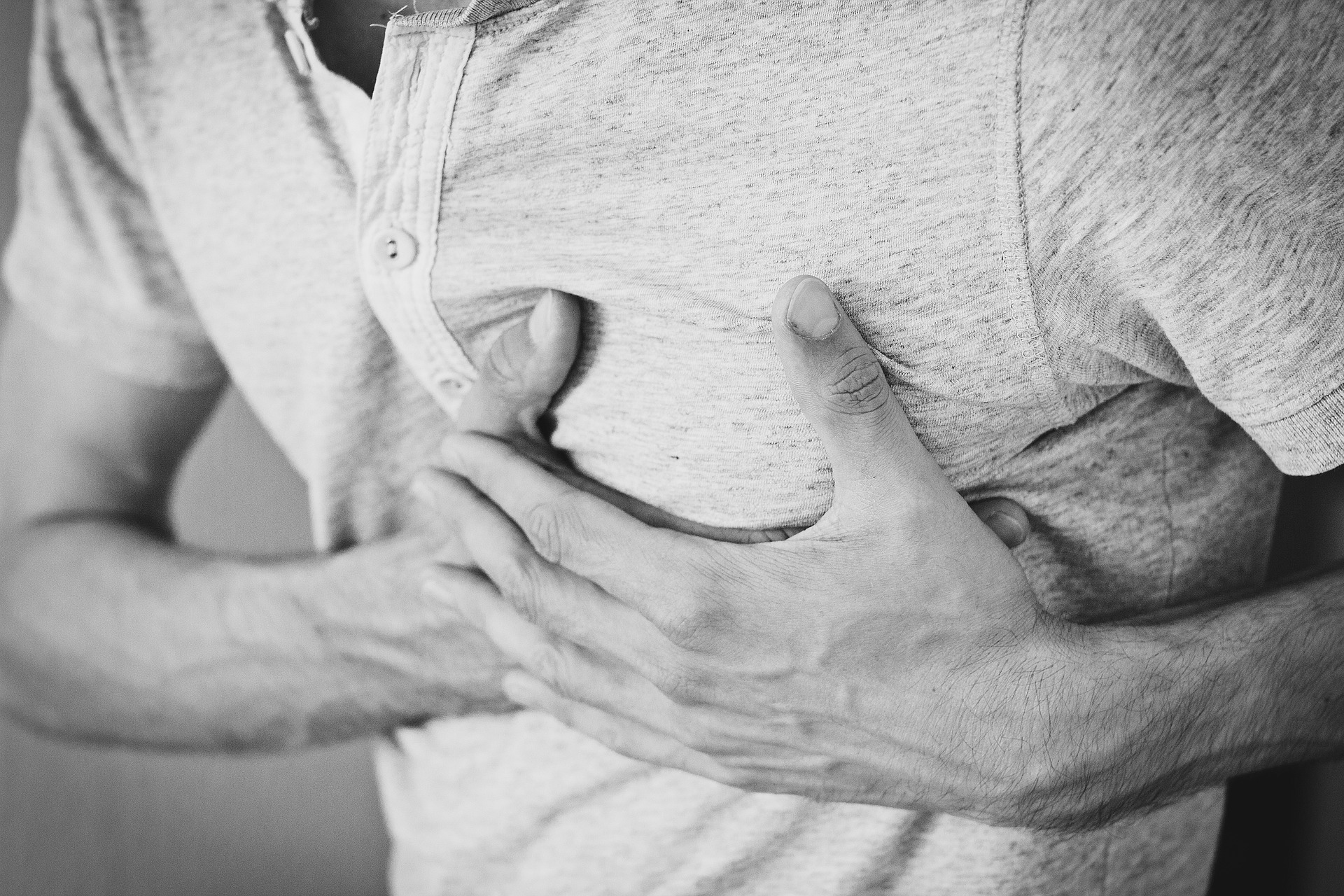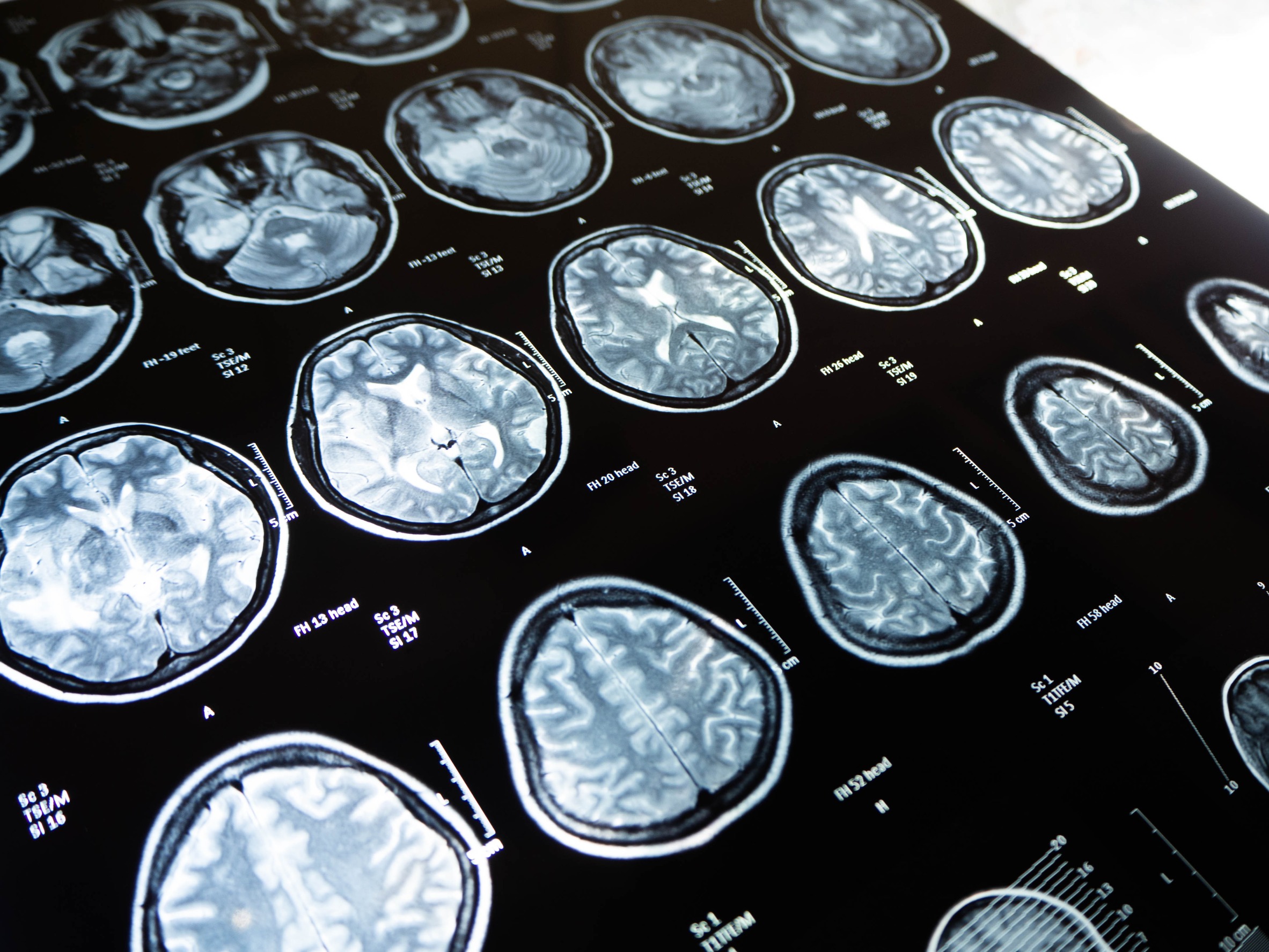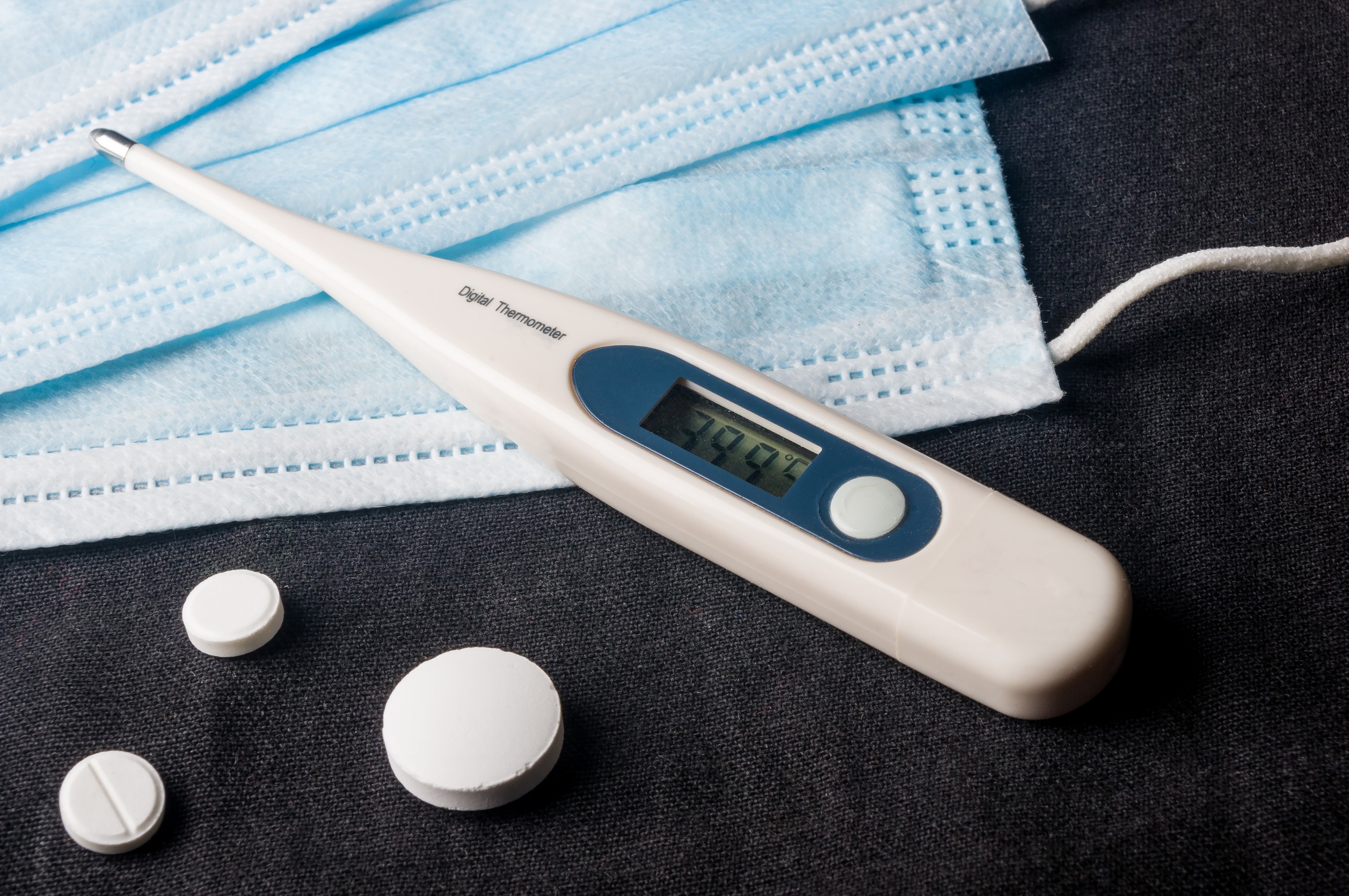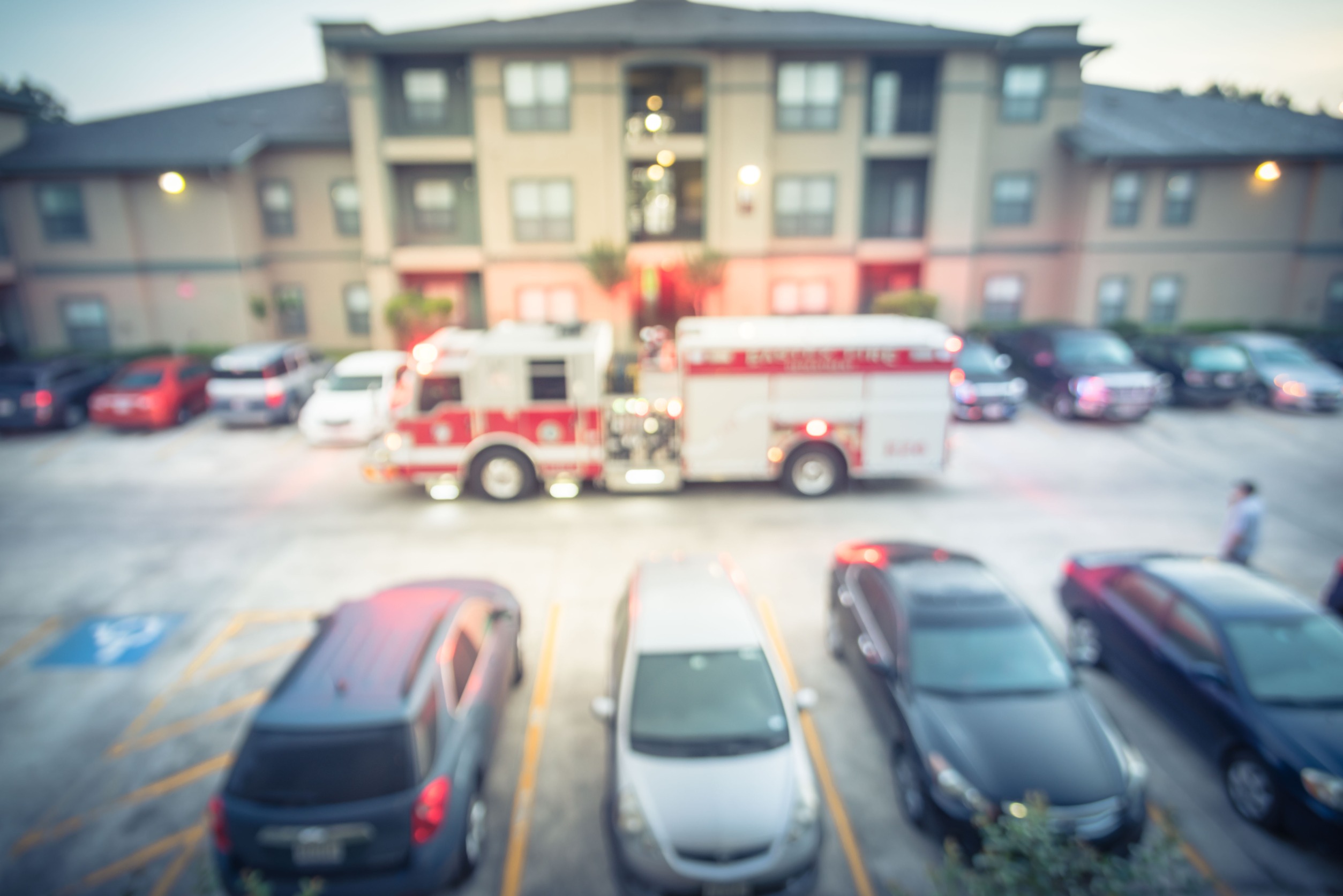123rf
When it comes to health emergencies, acting quickly can be a matter of life and death. Recognizing the signs that necessitate a trip to the emergency room can ensure you or your loved ones receive timely medical intervention. Here are twelve critical symptoms that should prompt an immediate call to 911 and a visit to the ER.
1. Chest Pain or Discomfort

unsplash
Chest pain or discomfort can be an indicator of a heart attack or other serious cardiac issues. This symptom should never be ignored, especially if it’s accompanied by shortness of breath, sweating, or pain radiating to the arm, jaw, or back. Even if you think it might be indigestion, it’s crucial to get it checked out immediately.
The risk is higher if you have a history of heart disease or risk factors like high blood pressure or smoking. Immediate medical evaluation is crucial to prevent potential heart damage. Call 911 and get to the emergency room without delay.
2. Severe Abdominal Pain

unsplash
Severe abdominal pain can signal numerous critical conditions, such as appendicitis, pancreatitis, or a perforated ulcer. If the pain is sudden, intense, and persistent, it’s essential to seek medical attention immediately. Other alarming signs include vomiting, fever, or a rigid abdomen.
Ignoring these symptoms can lead to severe complications like infections or internal bleeding. Delaying care could lead to complications, making timely intervention vital. Don’t wait, call 911 and head to the ER.
3. Difficulty Breathing

123rf
Difficulty breathing or shortness of breath can be a symptom of asthma, pneumonia, or a severe allergic reaction. It may also indicate a heart or lung condition, such as a pulmonary embolism or congestive heart failure. Rapid, labored breathing, especially if accompanied by chest pain, dizziness, or bluish lips, requires immediate medical attention.
Emergency responders can provide life-saving oxygen and medications en route to the hospital, ensuring that the underlying issue is addressed promptly.
4. Sudden, Severe Headache

pixabay
A sudden, severe headache could be a sign of a stroke, aneurysm, or other critical neurological issues. If the headache is the worst you’ve ever experienced, or if it’s accompanied by confusion, vision changes, or loss of consciousness, it’s an emergency.
Quick medical intervention is necessary to prevent permanent damage and complications such as brain damage or death. Call 911 and go to the ER right away, as time is of the essence in treating these conditions.
5. Weakness or Numbness on One Side

123rf
Weakness or numbness on one side of the body is often a symptom of a stroke. Time is of the essence when it comes to treating strokes, as early intervention can significantly improve outcomes. Other signs include difficulty speaking, sudden confusion, or trouble walking.
Acting fast can minimize brain damage and improve the chances of a full recovery. If you or someone else experiences these symptoms, call 911 immediately and get to the hospital for rapid assessment and treatment.
6. Seizures

123rf
Seizures can be caused by various conditions, including epilepsy, head injuries, or infections. A seizure that lasts longer than five minutes, or if someone has multiple seizures without regaining consciousness between them, is a medical emergency.
It’s crucial to call 911 to ensure the person receives appropriate care and to identify the underlying cause. Emergency responders can provide necessary medications and transport the person to the hospital for further evaluation and treatment.
7. High Fever with Stiff Neck

123rf
A high fever accompanied by a stiff neck could be a sign of meningitis, an infection that inflames the membranes around the brain and spinal cord. Meningitis can be life-threatening if not treated promptly.
Other symptoms include severe headache, sensitivity to light, and confusion. Immediate medical intervention is critical, as delaying treatment can lead to severe complications or death. Call 911 and go to the ER to ensure prompt diagnosis and treatment.
8. Uncontrolled Bleeding

123rf
Uncontrolled bleeding, whether from an injury or a medical condition, requires immediate medical attention. If pressure applied to the wound doesn’t stop the bleeding, or if it’s spurting, call 911. Significant blood loss can lead to shock, which is life-threatening and needs urgent treatment.
Emergency care can provide necessary interventions to stop the bleeding and stabilize the patient. Prompt medical treatment is essential to prevent further harm and ensure proper recovery.
9. Persistent Vomiting or Diarrhea

123rf
Persistent vomiting or diarrhea can lead to severe dehydration, electrolyte imbalances, and other complications. If these symptoms last more than a day or are accompanied by fever, severe abdominal pain, or blood, it’s important to seek emergency care. Dehydration can escalate quickly, especially in children and the elderly, leading to life-threatening conditions.
Emergency medical teams can provide fluids and medications to manage symptoms and prevent further complications. Call 911 and get to the ER for treatment and stabilization.
10. Sudden Vision Changes

123rf
Sudden vision changes, such as blurred vision, double vision, or loss of vision, can indicate a stroke, retinal detachment, or other serious conditions. These symptoms should not be ignored, as timely treatment can prevent permanent damage and restore vision. Vision changes can also be a sign of other neurological conditions that require immediate attention. Call 911 and go to the ER immediately to determine the cause and receive appropriate care to protect your vision and overall health.
11. Severe Allergic Reactions

123rf
Severe allergic reactions, or anaphylaxis, can be life-threatening and require immediate medical intervention. Symptoms include difficulty breathing, swelling of the face or throat, hives, and a rapid pulse. Anaphylaxis can progress rapidly, leading to shock, unconsciousness, or death if not treated quickly.
If someone experiences these signs, use an epinephrine auto-injector if available, then call 911. Quick treatment is crucial to prevent severe complications or death, as emergency responders can provide additional medications and life-saving interventions en route to the hospital.
12. Confusion or Altered Mental Status

Sudden confusion or altered mental status can be a symptom of a stroke, infection, or other serious conditions. It’s especially concerning if it’s a sudden change from the person’s normal behavior. Other signs to watch for include difficulty speaking, loss of balance, or severe headache. These symptoms require immediate medical evaluation to identify and treat the underlying cause. Call 911 and seek emergency care to ensure the person receives the appropriate treatment and to prevent further complications.
Don’t Hesitate with Your Health

123rf
Recognizing these critical symptoms and acting quickly can save lives. If you or someone else experiences any of these signs, don’t hesitate, call 911 and get to the emergency room immediately. Timely medical intervention can make all the difference in outcomes and recovery. Stay informed, stay prepared, and prioritize your health and safety.
By understanding these symptoms and knowing when to seek emergency care, you can protect yourself and your loved ones from potentially life-threatening conditions. Remember, it’s always better to be safe and seek medical attention if you’re unsure about the severity of your symptoms.
The post Call 911: Go To the Emergency Room Immediately If You Have Any of These 12 Symptoms appeared first on The Free Financial Advisor.

Stephen began his career as a Research Assistant at a reputable middle-market private equity firm, where he honed his skills in market research, financial analysis, and identifying investment opportunities. He then transitioned to full-time financial writing focusing on small-cap biotech innovation and digital payment solutions. Today, Stephen is a value-based retail investor and novice baseball statistician.





















Discussion about this post